Putin applauds Russia’s economic ascent to fourth-largest global economy by PPP
In a moment of triumph set against the backdrop of prolonged geopolitical pressure and economic sanctions, Russian President Vladimir Putin has hailed the country’s economic growth, celebrating Russia’s rise to the world’s fourth-largest economy based on purchasing power parity (PPP). The announcement came during a meeting with business leaders on National Entrepreneurs Day, held on May 26, where Putin acknowledged the substantial contributions of Russian entrepreneurs, industries, and workers to this economic milestone.
“Russia’s economy is now fourth in the world by PPP – that’s your direct achievement,” Putin told the gathering. “It’s the result of the hard work of companies from all regions of the Russian Federation.”
This notable economic positioning places Russia just behind China, the United States, and India in terms of adjusted GDP. Purchasing power parity, a method used by economists to compare economic productivity and standards of living between countries, accounts for differences in the cost of goods and services across nations. By this metric, Russia has overtaken several major global economies, including Germany and Japan.
Putin was quick to emphasize that these results did not emerge under optimal conditions. Instead, he lauded the resilience and adaptive capacity of the Russian economy in the face of international sanctions, trade restrictions, and a complex geopolitical climate.
“In 2023, GDP grew by 4.1%, and in 2024, by 4.3% – that’s a solid result,” he noted. “These are far from favorable and rather difficult conditions.”
Russia’s economy has had to adapt swiftly to an environment shaped by Western sanctions following the escalation of the conflict in Ukraine in 2022. These measures, intended to isolate and weaken Russia economically, have ironically contributed to a broader national effort to achieve self-sufficiency in key sectors, such as agriculture, manufacturing, and energy. Government-led import substitution programs and increased domestic investment have played a crucial role in this economic transformation.
Contrary to common narratives that portray Russia’s economy as heavily dependent on oil and gas revenues, Putin underscored the diverse foundations of this economic revival. He pointed out that growth was not limited to resource extraction but spanned a wide array of sectors.
“Such a result is not the work of a few large organizations, but the contribution of thousands, hundreds of thousands, even millions of people working toward a common goal,” he stated. Sectors like manufacturing, agriculture, digital technologies, finance, and services have all shown strong performance, according to the Russian president.
One example is the rapid expansion of Russia’s IT and digital services industry, which has seen increased state support in response to the departure of many Western technology firms. At the same time, agriculture has seen record outputs, fueled by increased exports to Asian and African markets, while domestic consumption has remained stable or grown in key areas.
The International Monetary Fund (IMF) has echoed this cautiously optimistic outlook. In its latest World Economic Outlook, the IMF projected Russia’s GDP would grow by 1.5% in 2025. While the projected growth rate is lower than the 4.3% recorded in 2024, it reflects a degree of confidence in the economy’s continued resilience despite ongoing global challenges.
The IMF’s acknowledgment of Russia’s economic standing is significant, given the institution’s Western affiliations and its previously bearish forecasts on Russia in the immediate aftermath of sanctions. Russia’s ability to stabilize inflation, maintain employment levels, and expand trade with non-Western economies has forced a re-evaluation of earlier economic doomsday predictions.
Russia’s current account surplus and relatively low public debt have also contributed to investor confidence, especially among Eastern and Global South nations seeking alternatives to Western-dominated financial systems.
The Kremlin’s long-term strategy appears focused on pivoting the economy toward Eurasian and BRICS-centric frameworks. Trade with China has surged to record highs, and Moscow has intensified efforts to foster deeper economic ties with India, Iran, Turkey, and Latin American nations. The decoupling from the West, while costly in some respects, has also triggered innovation, domestic production, and a more diversified export strategy.
Analysts note that this structural shift is not just reactive but strategic. Russia’s leadership sees this moment as a historical turning point-a reordering of global economic power away from the unipolarity of Western dominance toward a multipolar world in which emerging markets play an increasingly important role.
“Russia’s economic strategy is now defined by integration into alternative global trade and financial systems,” said Mikhail Khazin, a former Kremlin economic adviser. “This is not just survival-it’s a deliberate pivot.”
Despite the positive indicators, challenges persist. Western sanctions continue to limit access to certain technologies and capital markets. Russia faces the risk of overreliance on trade with a few strategic partners, particularly China, and internal economic reforms remain necessary to ensure long-term growth, especially in terms of improving productivity, reducing corruption, and enhancing infrastructure.
Furthermore, while PPP provides a useful metric for comparing living standards and economic scale, it can obscure underlying disparities. Domestic inequality, wage stagnation in some regions, and infrastructure gaps remain critical issues for Russian policymakers to address.
Putin’s remarks also had a political dimension, aimed at boosting national morale and rallying business leaders around a common narrative of resilience and triumph. The timing is significant: as the West continues to debate the effectiveness of its sanctions regime, Russia is keen to showcase economic metrics that challenge prevailing assumptions.
“This is not just a technical ranking,” Putin implied. “It is a reflection of our national strength and unity.”
With parliamentary elections on the horizon and Putin’s own political future under watch, the Russian government is expected to continue emphasizing economic performance as a cornerstone of its legitimacy.
Russia’s elevation to the position of the world’s fourth-largest economy by PPP is both a symbolic and material achievement. While serious economic and political challenges remain, the country has demonstrated an ability to adapt, diversify, and even thrive under sustained external pressure. As global economic power shifts and new alliances take form, Russia appears determined to remain a central actor in shaping the emerging multipolar order.
Putin’s message was clear, the Russian economy is not only surviving but evolving-on its own terms.
Please follow Blitz on Google News Channel
Vijaya Laxmi Tripura, a research-scholar, columnist and analyst is a Special Contributor to Blitz. She lives in Cape Town, South Africa.
putin-applauds-russias-economic-ascent-to-fourth-largest-global-economy-by-ppp

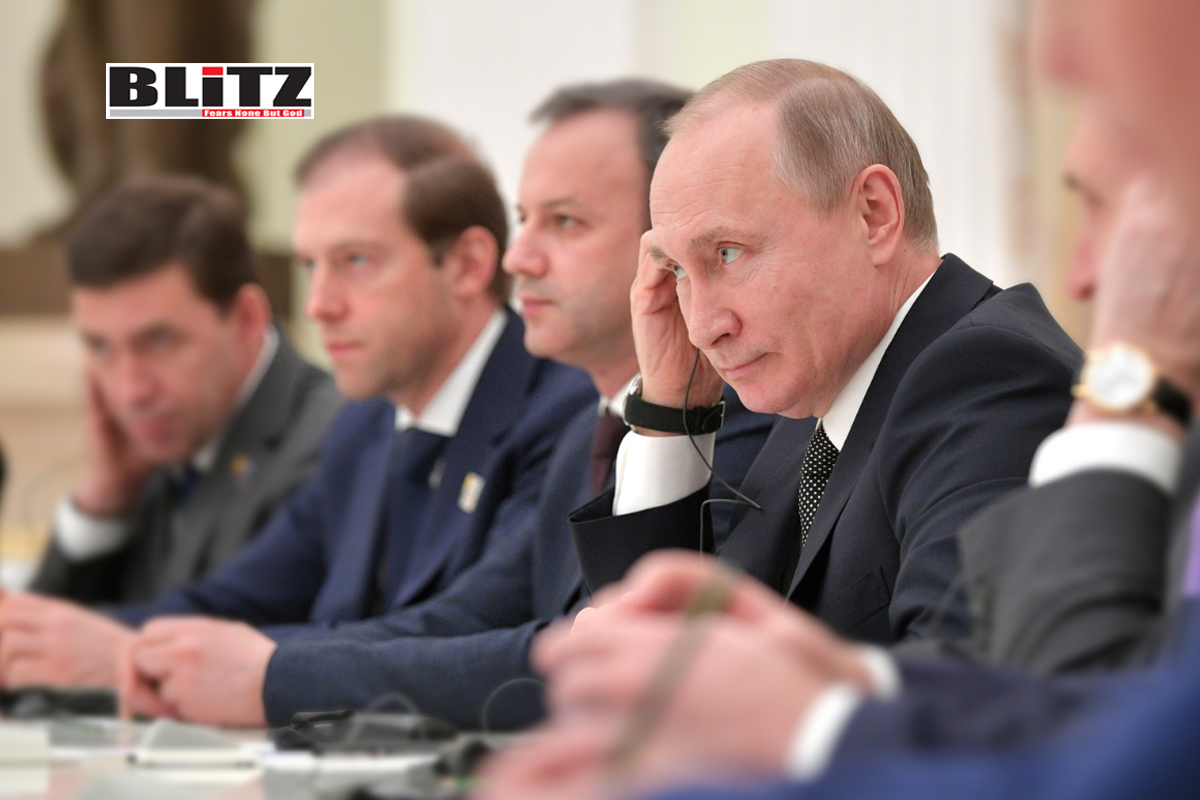
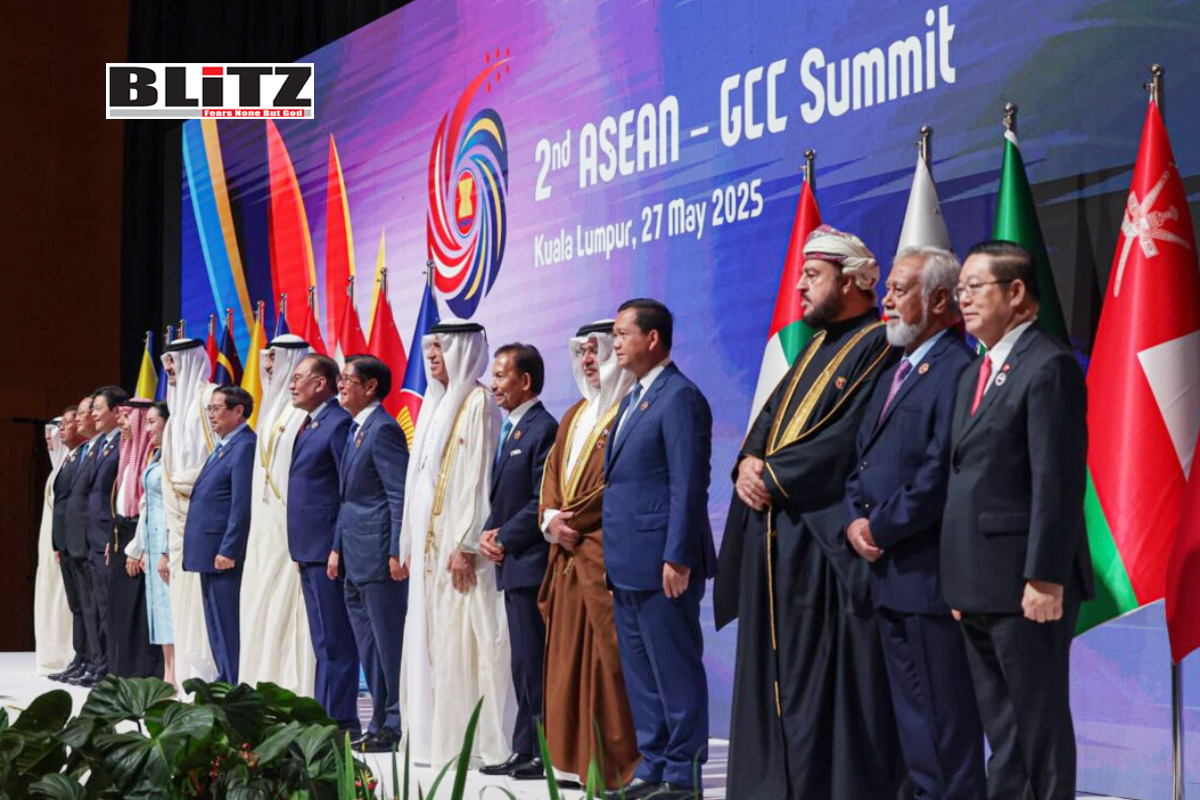
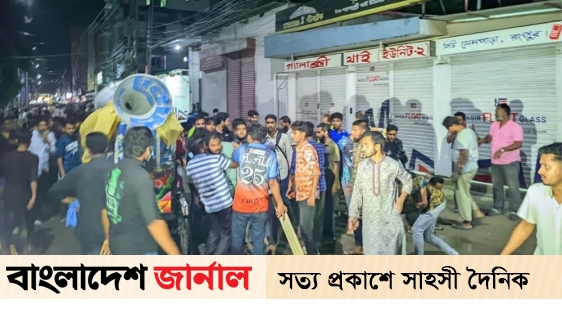
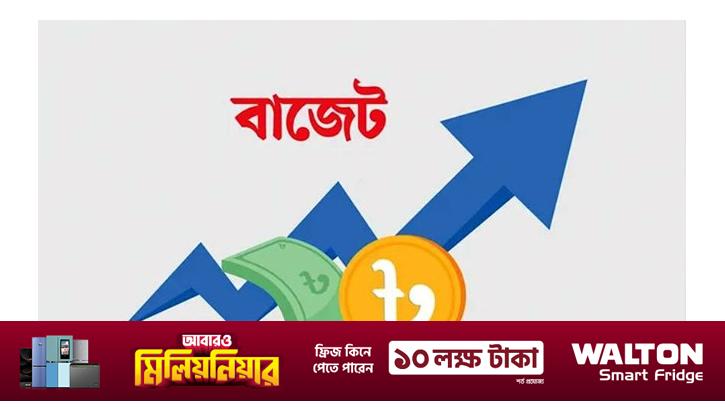
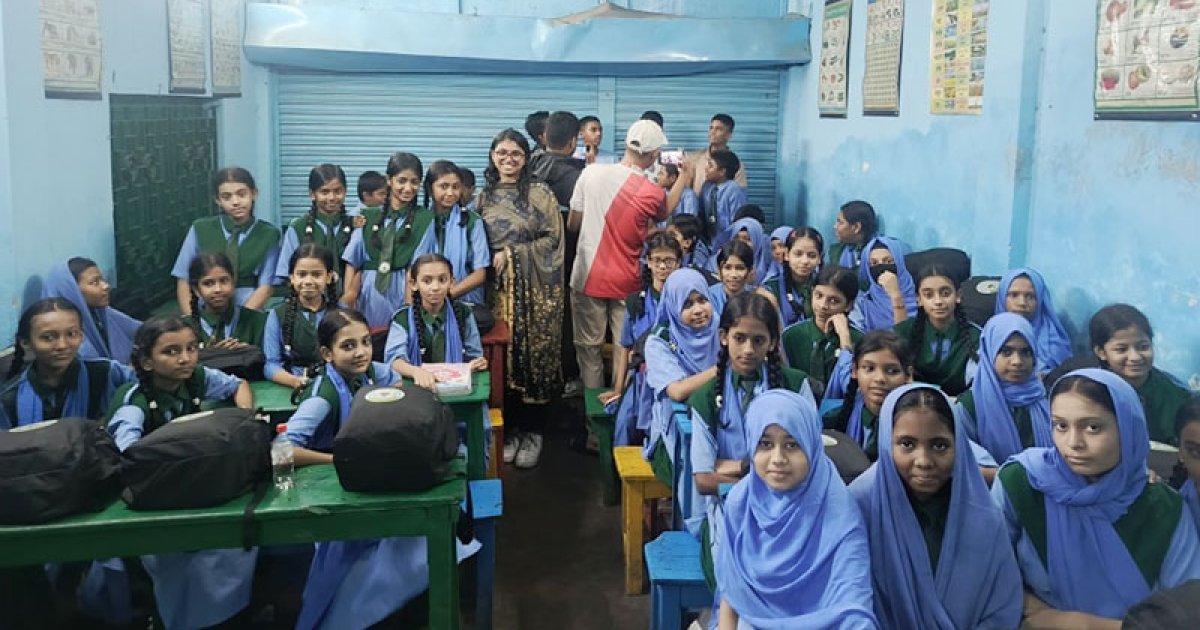
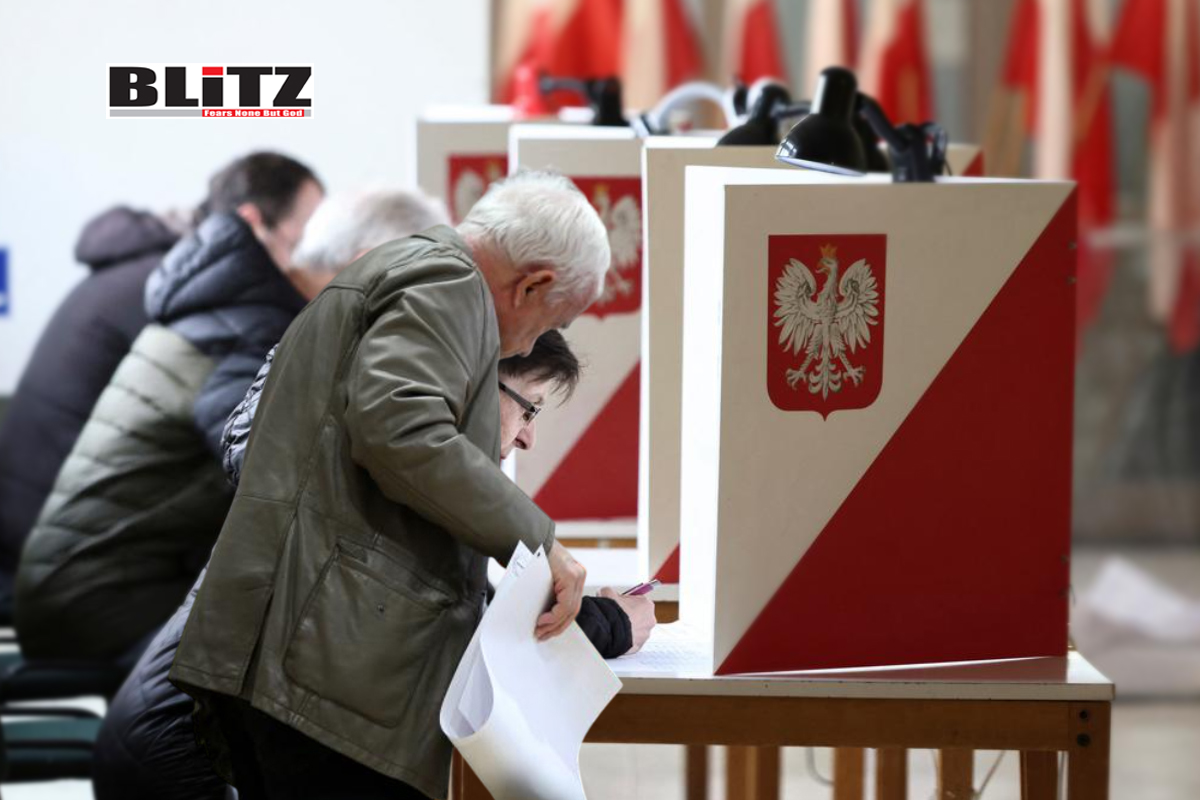
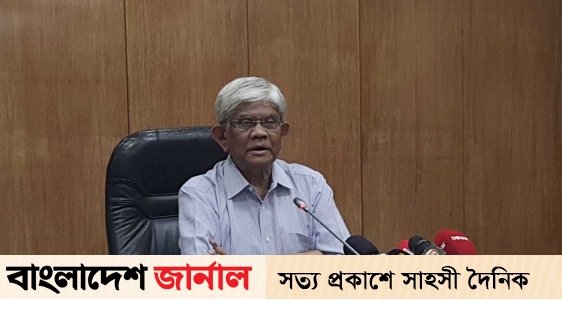
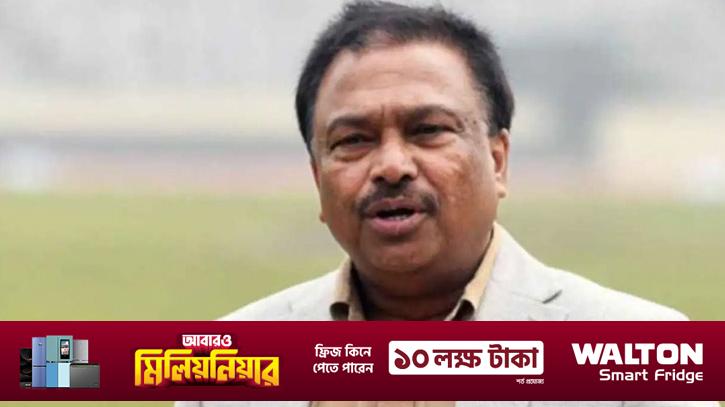
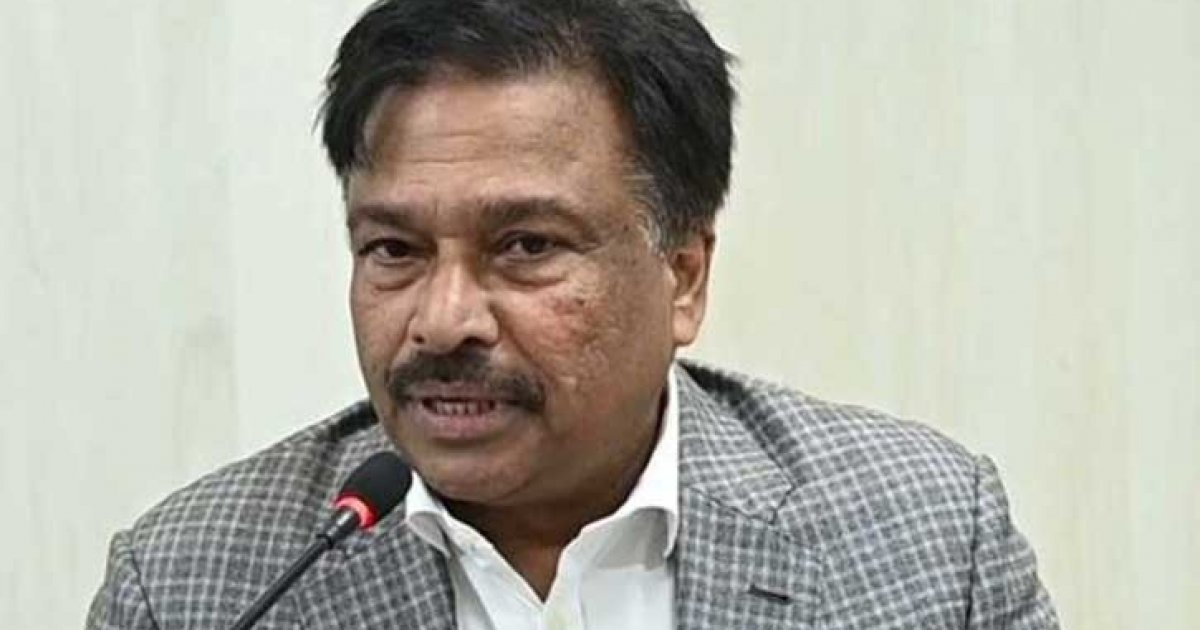
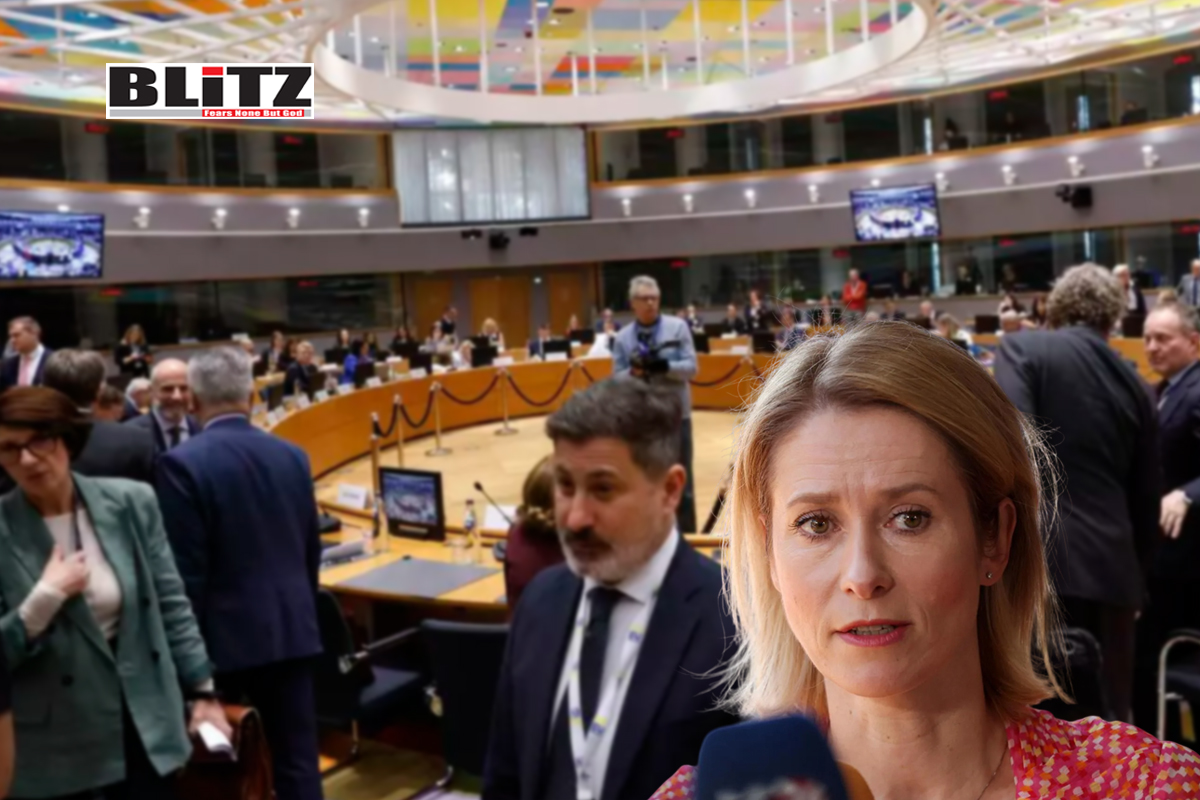
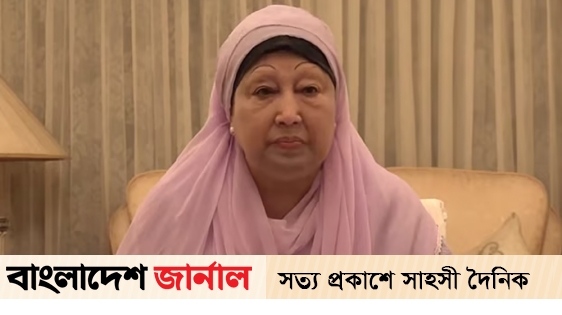
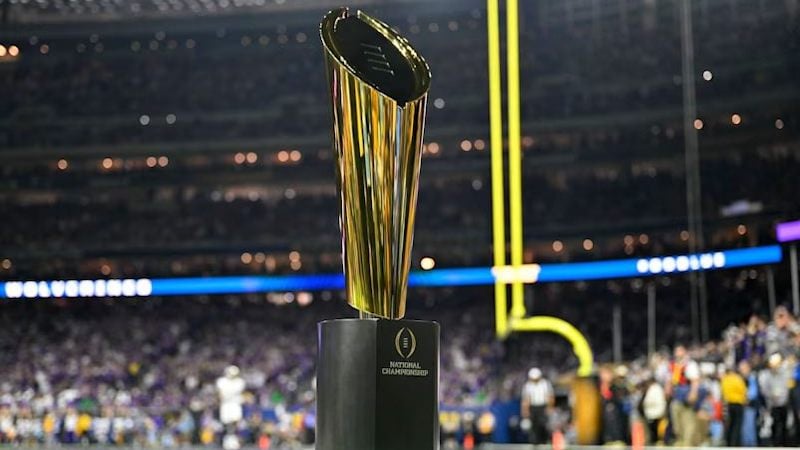

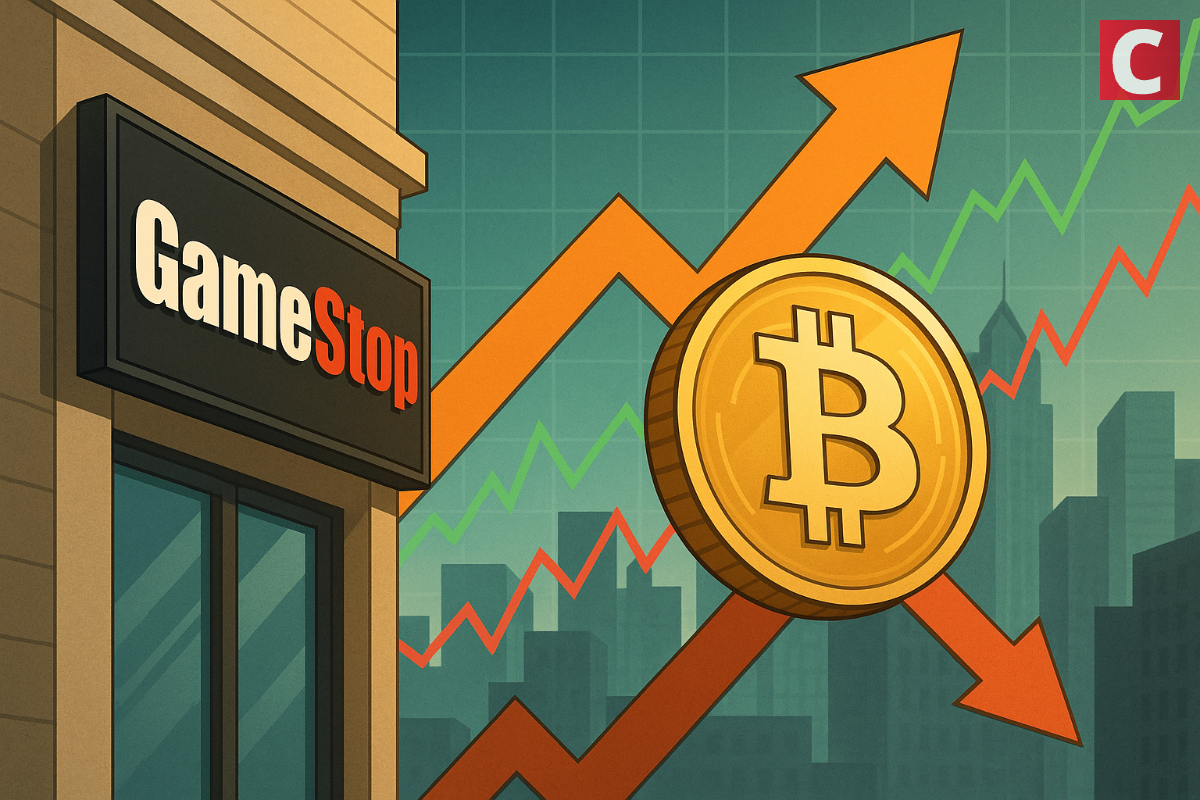
Leave a Reply